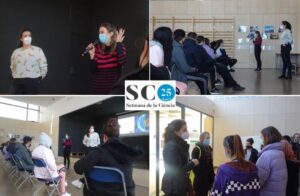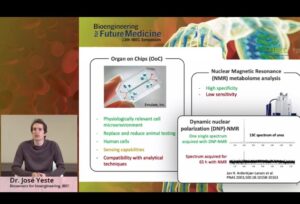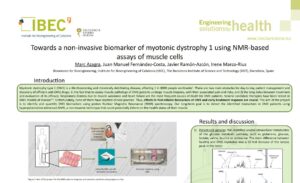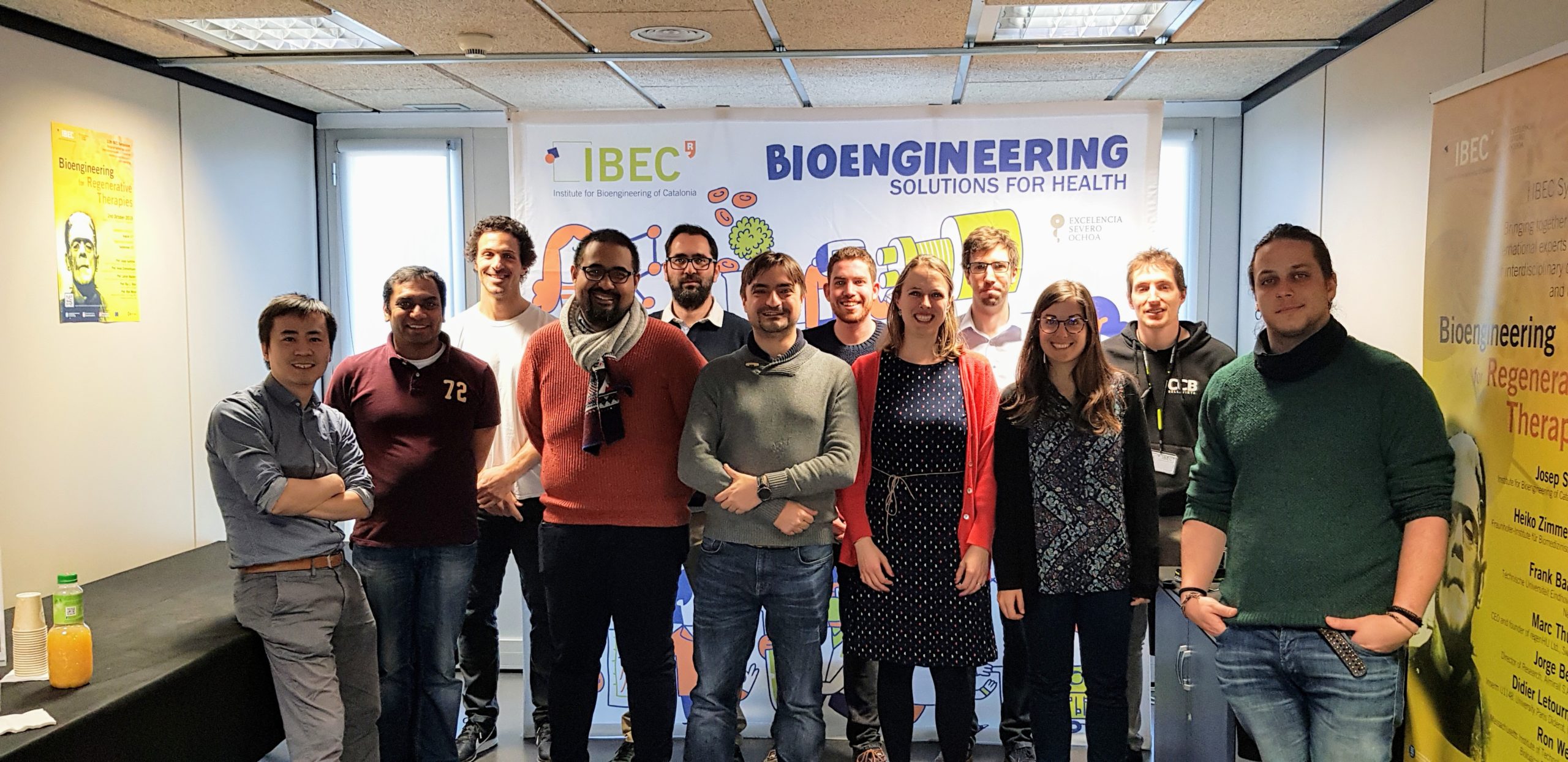Last week Alba Herrero and Irene Marco-Rius, BLoC partners at IBEC, participated in the 25th Science Week, an initiative from the Catalan Foundation for the Research and innovation (FCRI) that can proudly count with the participation of more than 1 million people from the beginning. Throughout the Catalan Territory, several activities took place from the 14th to the 29th of November, as open doors visits to research centers, expositions, seminars, games and workshops. As could not have been otherwise, this year many activities were related to the COVID-19 pandemic and SARS-CoV-2, but also other scientific themes had their place.

Alba Herrero and Irene Marco-Rius participated in the event with a talk to 15-17 years old students from the Aimerigues High School, located in the city of Terrassa near Barcelona. They explained their research and talked about BLoC project to more than 80 students, who learned about NMR, diabetes, liver cells, tissue engineering… Many topics that draw the attention of the students and has not left anyone indifferent.
Another important pillar of the event is to awake scientific vocations and to show that women also can do research in STEAM fields: Science, Technology, Engineering, Arts and Mathematics. In this context, Alba and Irene talked about their scientific career and the steps they walked to arrive where they are now. This was a fruitful and relaxed dialogue with the students who asked several questions to satisfy their curiosity about “being a scientist”.
Hopefully next year Irene, Alba and other BLoC members will participate a continue to bring BLoC science outside the walls of the laboratories.


